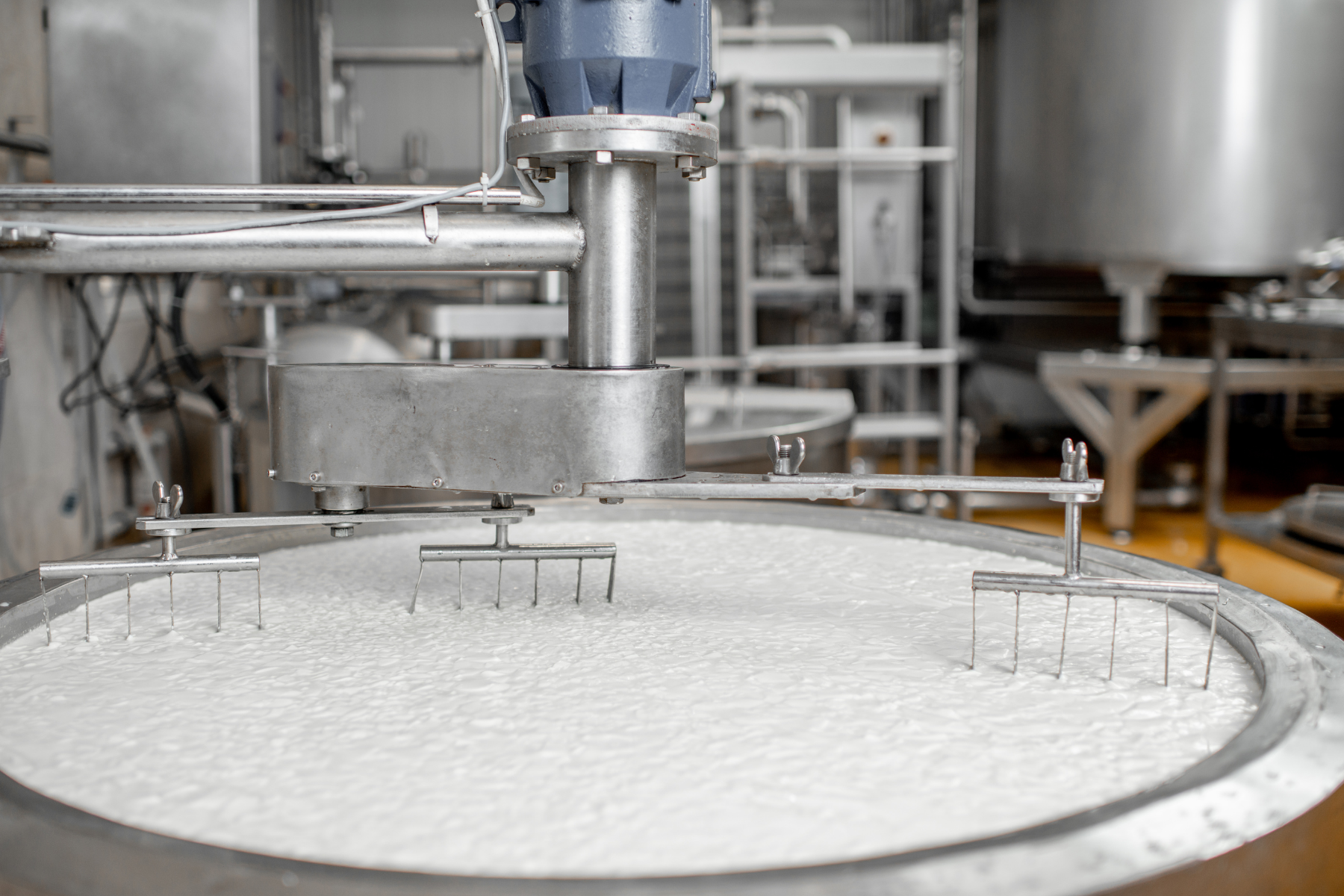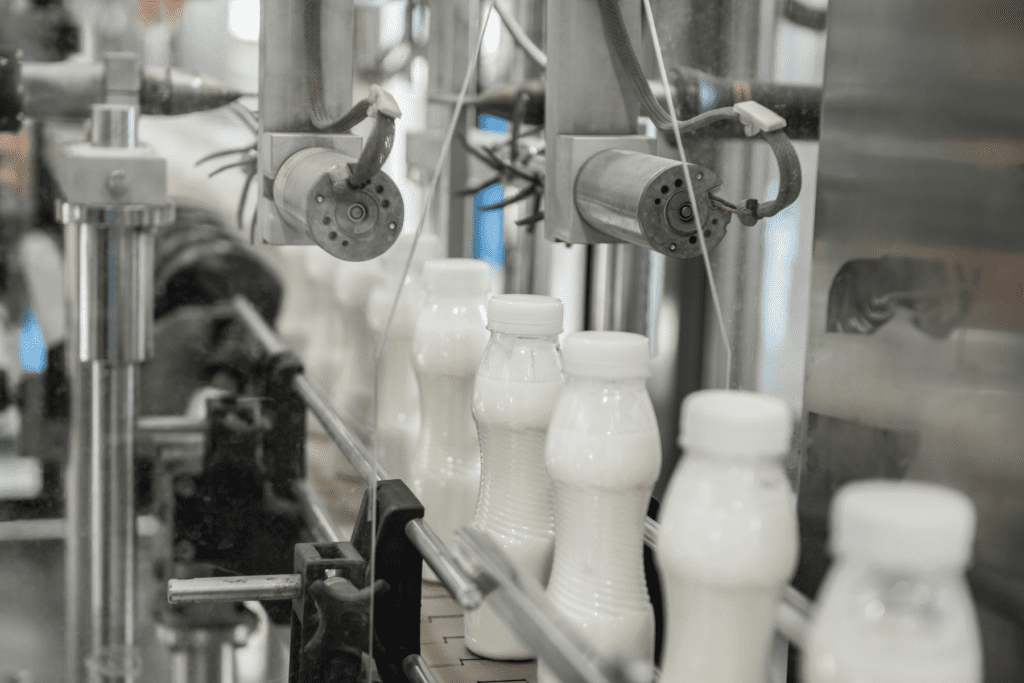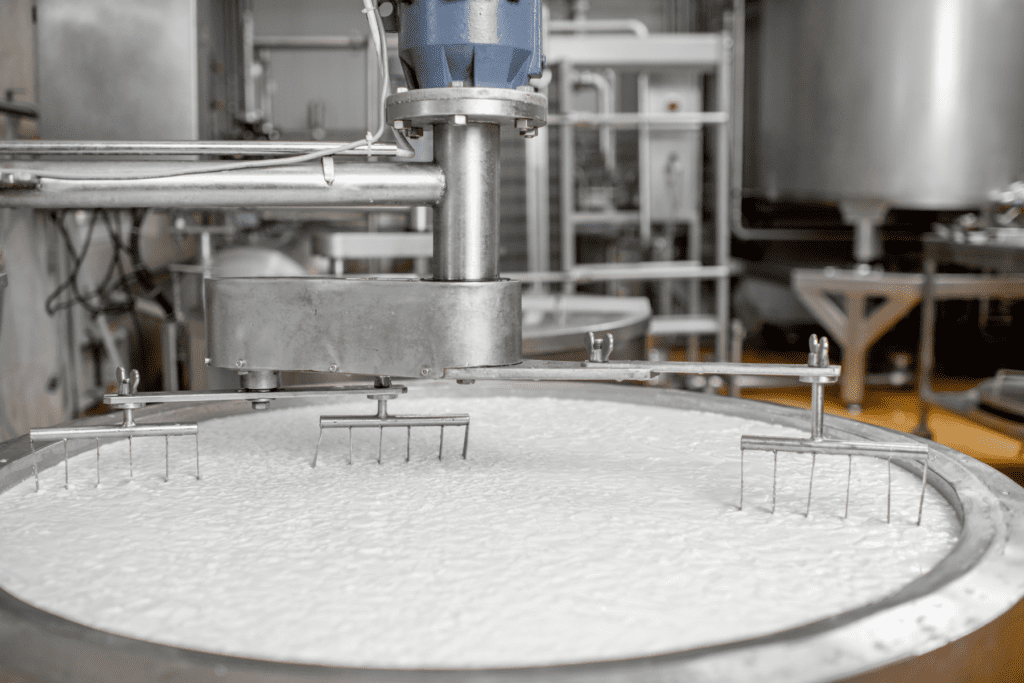As part of its commitment to food safety and health, the International Dairy Federation today published new guidance outlining additional actions that can be taken in the production process to minimise risk of Listeria contamination in dairy products.
Guarding against listeriosis, a rare and severe foodborne disease caused by the pathogen Listeria monocytogenes is of significant importance for the food industry. In the case of dairy, pasteurisation has had a major impact on reducing the occurrence of listeriosis, but contamination of processed dairy products still occurs on rare occasions. Between 1985 and 2019, there have been 40 confirmed major recorded outbreaks of listeriosis associated with commercially pasteurised dairy products. In most cases where a source was identified, L. monocytogenes was found in niches in the dairy processing environment and contamination of final product occurred due to cross-contamination post pasteurisation. In order to further minimise risk of Listeria contamination in the dairy production process, IDF has developed its new Bulletin ‘Ecology of Listeria spp. and Listeria monocytogenes – Significance in Dairy Production.’
The Bulletin summarises risk areas and measures that should be taken in the food production process to minimise the risk of L. monocytogenes contamination in dairy products. François Bourdichon, main author of the publication and present Chair of the IDF Standing Committee on Microbiological Hygiene said: “Effective management and hazard analysis within the dairy processing environment can minimize the likelihood of contamination with L. monocytogenes, therefore giving better food safety assurance,” said Mr Bourdichon “This Bulletin provides details on additional measures that must be taken to avoid contamination and ensure the safety of dairy products which are so essential for a healthy diet.” Recent advances in source tracking can help characterise resident strains, their resistance to cleaning agents and adherence to dairy product contact surfaces. Control measures can be customized for a better fit-for-purpose, with better hygienic design and a good rationale for the use of chemical cleaning agents. Good milking practices reduce the prevalence of L. monocytogenes in processed dairy, while pasteurisation reduces the contamination (if any) of processed milk with L. monocytogenes. Process environment monitoring guard against re-contamination.
By providing additional knowledge to all steps of the dairy chain, IDF work is contributing once again to safer food. The Bulletin of the IDF N° 502/2019, Ecology of Listeria spp. and Listeria monocytogenes – Significance in Dairy Production, will be available on the IDF website from today











